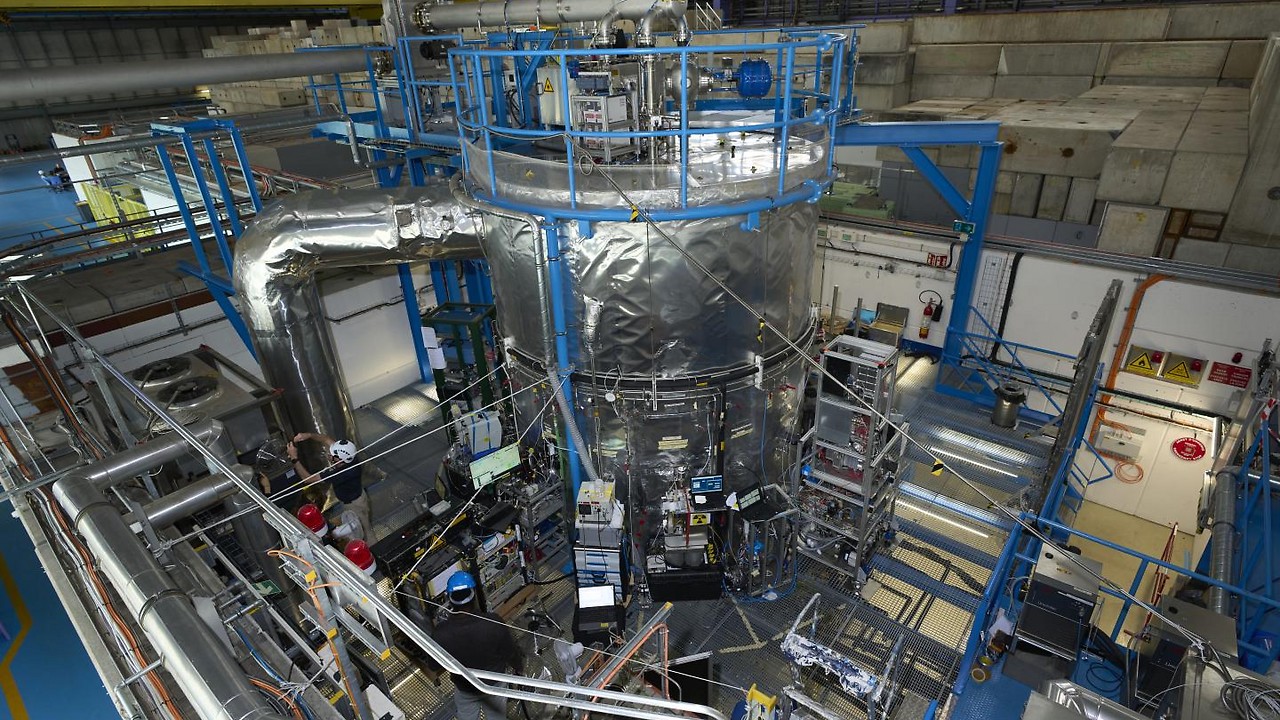Iodine, which enters the atmosphere from the world’s oceans, destroys ozone and contributes to cloud formation. As part of an international research collaboration, the team led by Armin Hansel from the Institute of Ion Physics and Applied Physics of the University of Innsbruck explained the detailed reaction pathway through which gaseous iodic acid (HIO3) is formed in the atmosphere.
It is a central intermediate stage in the cycle in which iodine enters the atmosphere from the world’s oceans, forms aerosols and in the process destroys ozone, according to the press release from the University of Innsbruck. The study was published in the renowned journal Chemistry of nature released.
Iodine acts as a catalyst in ozone depletion
In a previous study, Armin Hansel and his research team were able to demonstrate that iodic acid is the key substance leading to the formation of particles and clouds. Iodine acts as a catalyst in ozone destruction, it is not consumed in this process.
The study was conducted with the help of the large-scale CLOUD experiment. CLOUD is located at the CERN nuclear research center where the atmosphere is simulated in a large chamber. Investigate how, under carefully controlled conditions, reactive gases form aerosol particles and grow in cloud condensation nuclei.
Global warming speeds up the process
“The chemical processes involved in the iodine cycle are particularly critical because the amount of iodine that has entered the atmosphere since 1950 has more than tripled. Iodine is formed when ozone (O3) reacts with iodide (I-) dissolved in sea water. Human activities have led to an increase in ground-level ozone and severe warming,” explained Hansel.
Thinner ice in the Arctic means more iodide dissolved in water contacts ozone and releases iodine. Both effects would increase iodine emissions, says the scientist. These rising global emissions could then further accelerate the melting of sea ice in the Arctic, so it’s a self-reinforcing effect.

The individual steps leading to the formation of iodic acid were decoded by the research team with great experimental effort at CERN near Geneva and through field measurements at the Maido Observatory in Reunion. Quantum chemistry calculations were needed to confirm the reactivity of the individual conversion steps.
Chemical processes of global importance
“Iodine is a critical trace element that has a significant impact on tropospheric photochemistry, i.e. the chemical reactions that take place there under the influence of light. These ultimately affect the climate. Iodine dissolved in the sea enters the gas phase, is then involved in the formation of aerosol particles and is then released back into the gas phase or washed out of the atmosphere,” says Hansel.
Of particular interest to chemists is the fact that gaseous iodine forms reactive radicals in the atmosphere, which really only affect photochemistry near the coast or above the oceans. In the process, ozone, an air pollutant, is destroyed. Because iodine can be transported long distances in aerosol particles and released away from sources of iodine, the iodine cycle has global implications.
Tyrolean pioneers for the CLOUD experiment
For the CLOUD experiments, the Innsbruck research group led by Armin Hansel developed special measurement methods in close cooperation with the spin-off company Ionicon Analytik GmbH. Hansel’s team is considered an international pioneer in the field of trace analysis, as this technical innovation from Tyrol delivers results with extremely high detection sensitivity in real time.
The CLOUD research team consists of numerous working groups from across Europe and North America and is financially supported by the European Union and numerous national sponsors, including the Austrian research funding agency FFG.


